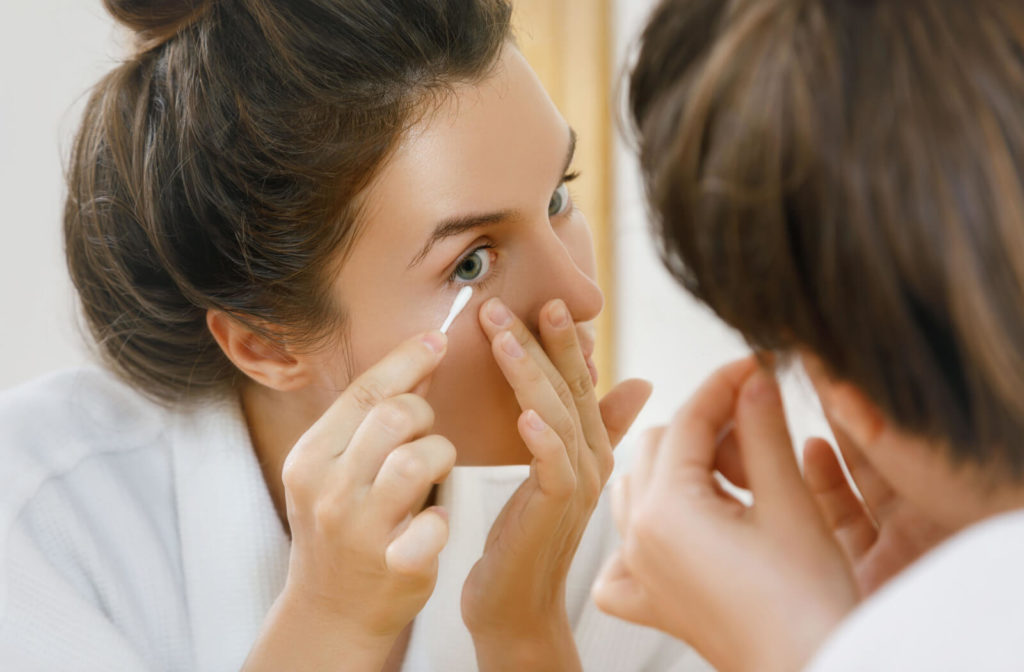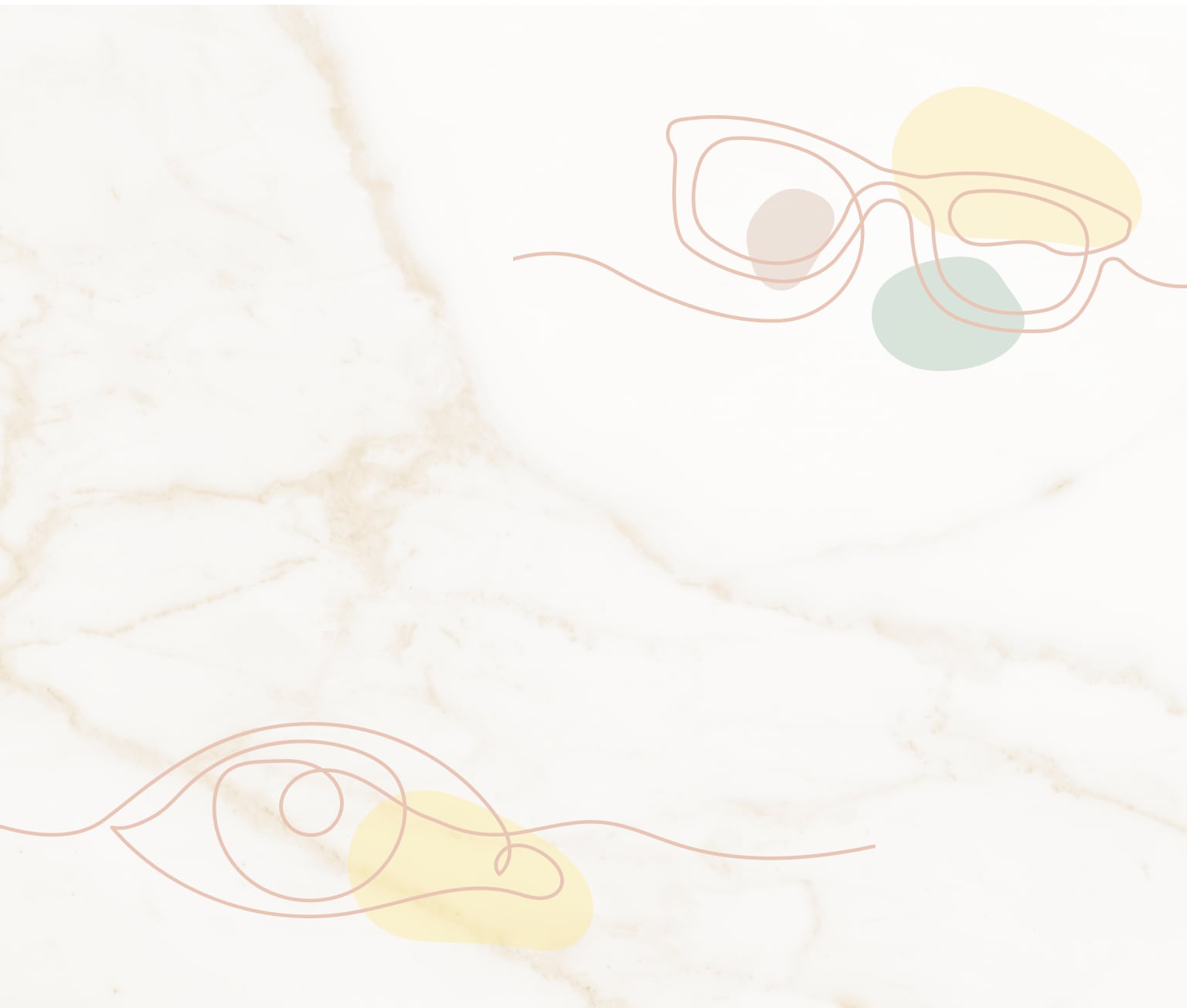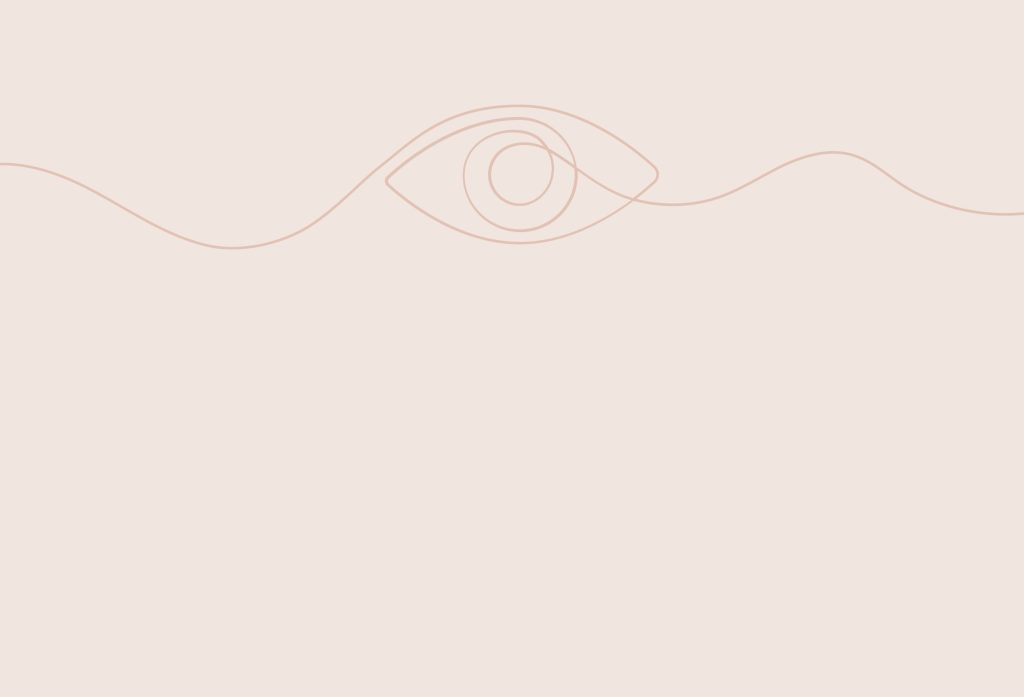Dry eyes are a nuisance for many people. You may experience irritation at any point of the day, even when you wake up. Thankfully, you can help prevent dry eyes in many ways, even between visits for eye exams.
Using warm compresses, practicing good eyelid hygiene, making environmental changes, staying hydrated, and taking eye breaks are 5 ways you can avoid eye dryness in the morning.
What Is Dry Eye?
Dry eye is a condition where your tears cannot effectively lubricate your eyes. When this occurs, you may experience several symptoms, including:
- A stinging, burning sensation in the eyes
- Light sensitivity
- Red eyes
- Difficulty wearing contact lenses
- Blurry vision
- Watery eyes
- Eye fatigue
What Causes Dry Eye?
Dry eye can develop when there are issues with your tear film. Each layer of the tear film (mucus, water, and oil) serves a different purpose:
- Mucus helps tears spread across the eye
- Water helps hydrate and protect the eye
- Oil helps prevent tears from evaporating too quickly
When problems arise in your tear film, you can develop dry eyes as a result of decreased tear production and increased tear evaporation.
Decreased Tear Production
Decreased tear production occurs when your body doesn’t produce enough tears. Your eyes may struggle to produce tears as you age, but other factors can contribute to low tear production.
Potential causes of decreased tear production include:
- Contact lens use
- Allergic eye disease
- Sjogren’s syndrome
- Some medications
- Other medical conditions
Increased Tear Evaporation
Increased tear evaporation occurs when your tears dry out too quickly, leading to discomfort. A common cause of this issue is meibomian gland dysfunction—where the meibomian glands lining your eyelids can become clogged, compromising the oil layer of your tear film and causing your tears to evaporate faster.
Other causes of increased tear evaporation include:
- Infrequent blinking
- Blepharitis
- Wind, smoke, and dry air
- Vitamin A deficiency
Why Can You Wake Up with Dry Eyes?
Besides issues with the tear film, you can wake up with dry eyes for another reason. Nocturnal lagophthalmos is a condition where your eyelids cannot fully close, causing dry eyes in the morning.
This condition can develop due to facial nerve weakness caused by an injury to the skull, changes to your cerebellar artery, or Bell’s palsy.

5 Tips to Stop Waking Up with Dry Eyes
You can manage and prevent dry eye symptoms between visits to your optometrist. There are many home remedies you can try out, including these 5 tips:
Use Warm Compresses
Warm compresses can help soothe discomfort and restore your tear film. They can be a simple yet effective way to deal with dry eye symptoms by:
- Bringing moisture to the eyes
- Unclogging trapped oil in the meibomian glands
- Relieving pain and reducing swelling by increasing blood flow
If you want to make a warm compress at home, you only need a few things—including time to relax. You can prepare a warm compress by following these steps:
- Fill a bowl with warm water
- Soak a washcloth in the water until it’s completely wet
- Wring out the washcloth and cover your eyes for approximately 10 minutes
Practice Good Eyelid Hygiene
Good eyelid hygiene can help prevent dry eyes by reducing or preventing irritation in your eyelids. You can use mild soap or baby shampoo to keep your eyelids clean. Apply your choice using a washcloth and warm water to massage and clean your eyelids.
Ensure you’re gentle when cleaning your eyelids, and rinse your eyelids thoroughly afterward. You may also benefit from using eyelid scrubs and cleaning solutions to help support your eye hygiene.
Make Environmental Changes
Changes to your environment can help prevent dry eyes when you wake up.
One change you can make is adding a humidifier to your room. The added moisture can help reduce dry air, a potential cause of dry eyes.
Irritants in the air can be another nuisance that causes dry eyes. Investing in an air filter may help prevent these irritants from getting into your eyes.
Stay Hydrated
Dehydration can lead to dry eyes, so ensure you drink enough water during the day. Keep a water bottle handy and lower your risk of dry eyes. Aim to drink at least 8 to 10 glasses of water a day.
Give Your Eyes a Break
You may get dry eyes if you regularly use your phone, computer, or tablet. Digital eye strain is a common condition caused by extended focus on digital devices that can result in several uncomfortable symptoms, including dry eyes.
One way to prevent unnecessary discomfort is by resting your eyes frequently. You can do this with the 20-20-20 rule—take a 20-second break every 20 minutes to look at something at least 20 feet away.
Dry Eyes? Get Help from Your Eye Doctor
Dry eyes can be irritating and uncomfortable, but you don’t need to live with the discomfort. For some patients, home remedies aren’t enough to improve their symptoms. Your eye doctor can recommend a customized treatment plan for your dry eye needs.
Contact Legacy Eye Care to get eye care that can provide relief for your dry eyes.








